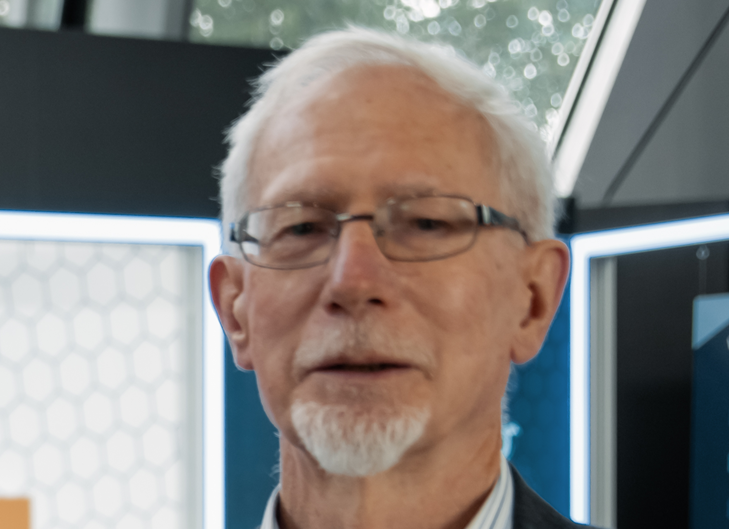Ethics Advisory Board
The Graphene Flagship values ethics in all aspects of the project, from research topics to to societal implications. The Graphene Flagship's Ethics Advisory Board advises partners on matters relating to ethical research and innovation, sustainability, responsible by design research.

The Graphene Flagship values ethics in all aspects of the project, from research topics to to societal implications.
The following three areas are of particular interest, but may change as the Flagship progresses towards higher technology readiness level (TRL):
- Ethics of biological, health and environmental effects of graphene, and on biomedical and related applications. Any of these might involve in vitro research, small or large animal models, and eventually human interventions.
- Dual use. While all the research has an exclusively civilian focus, some of the technologies developed might find broader uses. This issue is becoming more important as the Flagship moves to higher TRLs.
- Responsible research and innovation. Since the Flagship covers a very broad range of topics, it has a wide variety of societal connections.
The EAB's role is to advise on:
- Flagship activities to ensure ethical use of materials and animals.
- The possible environmental and ethical implications from technologies developed by the Graphene Flagship.
- How regulations proposed by environmental protection agencies or consumer groups may affect the progress and development of graphene objectives or any of its S&T products.
- The use of reflection tools and practices for identifying and addressing ethical issues.
Do you have a question? Email admin@graphene-flagship.eu your ethics quandaries and our Ethics Advisory Board will get back to you with their advice.



